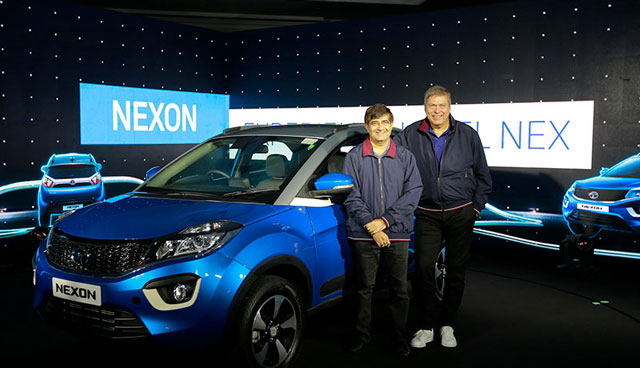
New Delhi, India | AFP | India’s Tata Motors has won a bid to manufacture thousands of electric cars for the government as part of a push to promote battery-powered vehicles as the nation grapples with soaring pollution levels.
State-owned energy efficiency services limited (ESSL) will procure 10,000 cars from Tata Motors, with the first batch hitting roads later this year, the company said in a statement.
The cars, priced at nearly $15,500, are the first attempt by the Indian government to replace its half-a-million fleet of diesel and petrol cars — used by high ranking government employees — with electric vehicles.
“First 500 e-cars will be supplied to EESL in November 2017 and the rest 9,500 EVs will be delivered in the second phase,” ESSL said.
Tata’s rival in the market, Mahindra — currently the only company manufacturing electric vehicles in India — lost the bid.
Japanese Nissan Motor also failed to win the contract.
Most foreign car majors are not ready to bring their electric offerings to India.
Mercedes said it needs a reasonable timeline and improved incentives for motorists, while Tesla boss Elon Musk has postponed entry to the Indian market.
As one of the world’s most polluted nations, India has one of the most ambitious plans to kick its fossil fuel addiction, nearly 80 percent of which is imported.
Vehicles that rely on petrol and diesel are a major source of carbon emissions in the country and Greenpeace blames at least 1.2 million deaths a year in India on pollution.
New Delhi has said it wants all new vehicles to be electric by 2030. In addition to the 10,000 electric cars, it will also roll out nearly 100,000 electric auto rickshaws and buses in the next few weeks.
A government report in May said the mobility of passengers through shared and electric vehicles can cut India’s energy demand by 64 percent and carbon emissions by 37 percent in 2030.
 The Independent Uganda: You get the Truth we Pay the Price
The Independent Uganda: You get the Truth we Pay the Price



